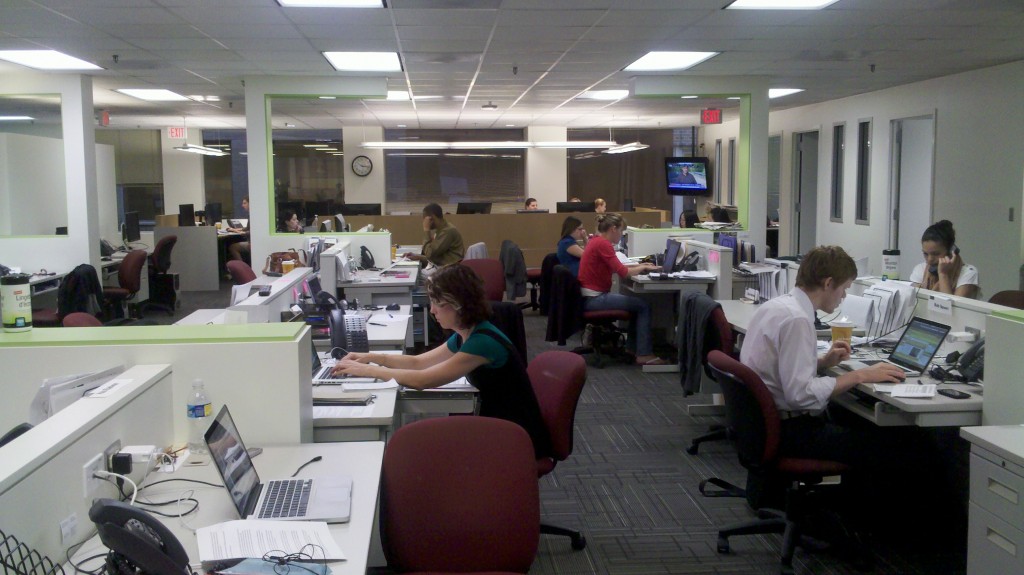Being a reporter is great, most of the time. But sometimes, like any job, it can start to feel like drudgery as you slog from one meeting to the next, trying to get that difficult source to return your calls.
If this happens to be the case for you, come to Washington. There’s something about the District that keeps you going. Here are five reasons why you will love reporting in Washington:
1. You are in the heart of politics
Washington reporting is quite different from what you’ve experienced so far. You spend more time talking to people and attending meetings. This includes reporting from Capitol Hill, attending hearings and interviewing politicians (if you’re really lucky).
This means a lot of homework in the beginning unless you’re familiar with Capitol procedures. But it’s fascinating to see how important issues are discussed or avoided.
Tip: Don’t underestimate the power of “Congress At your Fingertips,” a small book you’re required to get if you’re a Medill reporter. The “How a bill becomes law” and “Legislative glossary” sections are especially helpful.
2. People WANT to talk to you
The best thing about Washington for Medill reporters is that our stories are published on media clients’ websites. And this makes one hard thing much easier—finding people willing to talk to you.
Instead of writing for a college website, you’re a reporter for Medill News Service writing for your client. In many cases, people are more willing to talk to you because they know that your stories will be published.
Tip: Take advantage of the PR Newswire-ProfNet. I save a lot of time finding interviewees by sending out ProfNet requests the day before the story deadline. You’ll be surprised at how many emails you get in several hours.
3. You will receive many, many, comments
Once your story is published on the client’s website, people will start commenting on everything—your topic, your writing style and anything else they want to say.
Some comments are thoughtful, some could be irrelevant or even ridiculous. From my perspective, more comments are always better because it shows you’ve accomplished your role as a journalist—providing a forum for public criticism and comment.
Try to read as many as you can. Who knows? They might spark ideas for your next story.
4. It’s time to experiment
Everything’s hard at first, but it gets better as you gain more experience. Particularly when it comes to presenting information in multimedia forms, learning new programs is challenging.
But Washington makes all your effort worth it. Washington stories offer lots of opportunities to experiment your skills—there are tons of documents, lots of data and, believe it or not, interesting photos to be had on Capitol Hill. You can be more creative with your ideas and make your videos and audio slideshows more polished.
5. Observe and learn
Edward Bulwer-Lytton, an English novelist, once said “Every man who observes vigilantly and resolves steadfastly grows unconsciously into genius.”
We can’t all be geniuses but we can make ourselves better reporters by observing.
You’ll deal with many people, including press people, your clients’ editors and reporters from other publications. You’ll learn what you should do and shouldn’t do. You’ll gain a lot by observing them, especially from experienced editors and reporters. Observe and make them your own. In the end, you’ll find a better you.

